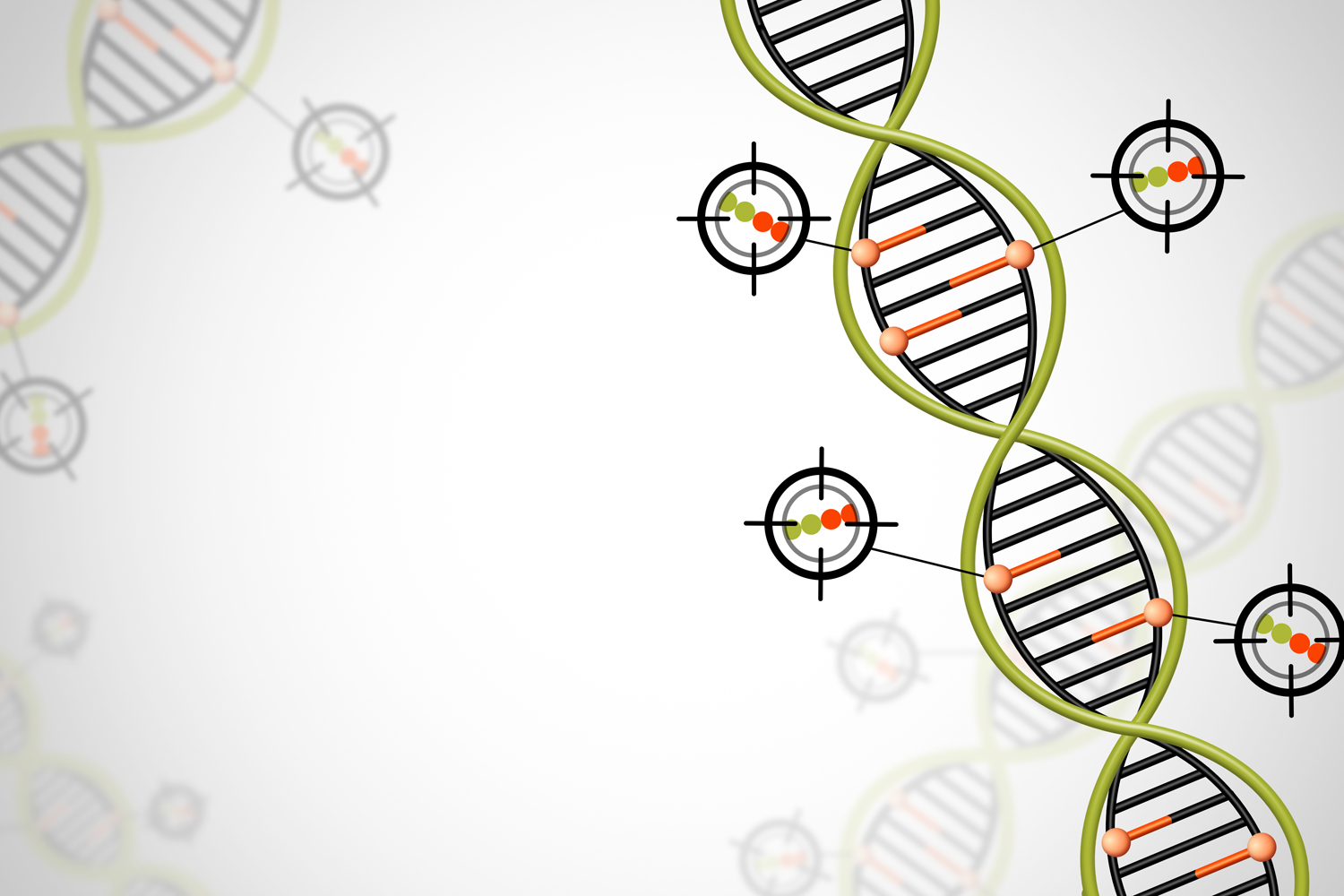When Cancer is in the Family

AMY YOFFE HAS ALWAYS KNOWN that cancer runs in her family and is acutely aware of the loss that comes with it. Growing up in the 1970s, she often heard that her father’s mother was orphaned as a little girl after her mother—Yoffe’s great-grandmother—died of breast cancer at age 35. The children moved from home to home, relative to relative. “It’s a sad story in our family,” says Yoffe.
She heard stories about other cancer diagnoses as well. One of Yoffe’s great-aunts died of ovarian cancer, and one of her great-uncles died of stomach cancer. Her grandmother was diagnosed with ovarian cancer at age 24, and then with breast cancer in her 60s.
In the early 2000s, Yoffe was living in Southern California and pregnant with her second daughter when she began wondering how the legacy of cancer diagnoses in her family might affect her and her two daughters. She asked her obstetrician about the risks she might have inherited and about genetic tests that could identify inherited genetic variants, or mutations, linked to an increased cancer risk. The physician dismissed her concerns.
“He said, ‘Oh, the cancer is on your father’s side of the family, it’s not relevant,’” Yoffe recalls.
The obstetrician was wrong: DNA changes associated with an increased likelihood of cancer can be inherited from either parent. Nearly a decade later, when she had two young daughters, Yoffe met someone who had inherited a variant in a BRCA (BReast CAncer) gene from her father. When functioning normally, BRCA genes carry instructions for making proteins that suppress tumor growth; when altered, that protective role is lost. Changes in the gene were first linked to an increased risk of breast cancer in women and men in 1994, but more recently they have been associated with a higher risk of ovarian, pancreatic and prostate cancer, and melanoma.
Yoffe was worried. Was she at risk? Were her daughters?
Read more at Cancer Today Magazine.
